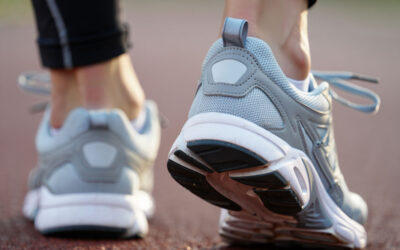In this article, we will explore how cold water can help reduce stress, anxiety, and depression. The health benefits of cold water immersion differ significantly from the Christian tradition of ice-hole bathing during Epiphany. Caution! Ice-hole bathing comes with many contraindications and should not be practiced without proper preparation and expert supervision.
Scientific Evidence Supporting Cold Showers
Measuring the exact percentage of cortisol reduction from cold water exposure is challenging. However, studies show that cold showers indeed contribute to lowering cortisol levels in the body. In a 2008 study by Reynolds and colleagues, participants who took daily cold showers for two weeks experienced a significant drop in cortisol levels compared to the control group. It’s essential to note that the effectiveness of cortisol reduction may depend on individual body characteristics and the regularity of cold-water exposure.
A 2014 study published in Medical Science Monitor found that immersion in cold water (similar to taking a cold shower) effectively reduced cortisol levels in healthy adults. Participants were exposed to cold water for 20 seconds, followed by 10-second breaks, for a total of 5 minutes. Researchers observed a significant cortisol decrease immediately after cold water exposure, with the effect lasting up to an hour.
A 2000 study in the International Journal of Circumpolar Health revealed that regular cold water immersion could lower cortisol levels among Finnish winter swimmers. Participants engaged in daily cold water exposure over several months, and researchers noted significantly lower cortisol levels in winter swimmers compared to the control group.
In 2018, the European Journal of Applied Physiology published research showing that cold water immersion reduced cortisol levels in endurance-trained runners. The athletes underwent cold water exposure for 15 minutes after high-intensity running sessions, and researchers found that cortisol levels were significantly lower in the cold water group than in the control group. Recovery following a marathon: a comparison of cold water immersion, whole body cryotherapy and a placebo control
These studies provide compelling scientific evidence that cold exposure, including cold showers, can help reduce cortisol levels in the body.
What Health Benefits Can You Expect?
Cold water immersion effectively reduces stress hormones through several mechanisms:
- Lowering cortisol levels: Cold showers help reduce blood cortisol concentrations. Contact with cold water activates the sympathetic nervous system, triggering the release of adrenaline and noradrenaline, which balance cortisol levels.
- Activating the parasympathetic nervous system: Cold water stimulates the parasympathetic nervous system, promoting relaxation and recovery after stress. This leads to a reduction in stress hormones and overall calmness.
- Endorphin production: Cold showers stimulate the production of endorphins, the “happiness hormones.” These neurotransmitters improve mood, reduce pain, and alleviate stress, enhancing overall well-being.
- Improving blood circulation: Cold temperatures make the circulatory system work more actively, improving blood flow throughout the body. This aids in the effective removal of stress hormones from the system.
- Adapting to stress: Regular cold water exposure trains the body to better handle stress, increasing overall stress resilience.
How to Take a Cold Shower for Stress Relief
Follow these steps to gain the anti-stress benefits of cold water immersion:
- Start by warming your body with hot water for 5 minutes.
- Switch to cold water for 5 seconds. The temperature should be cold enough to feel “burning.”
- Return to hot water for 10 seconds to warm up fully.
- Repeat the hot-cold cycle four times, maintaining 5-second intervals.
- Finish the session with cold water.Practice daily, ideally in the afternoon.
- Maintain a positive mindset. Your attitude is crucial for hormone balance and stress relief.
- Avoid pouring cold water on your head.
- After the session, rub your body with a towel to enhance the effect.
Regularly following this procedure can help lower stress levels, improve circulation, and boost overall vitality.
Important: Pay attention to your body’s signals and consult your doctor about any potential contraindications.






0 Comments